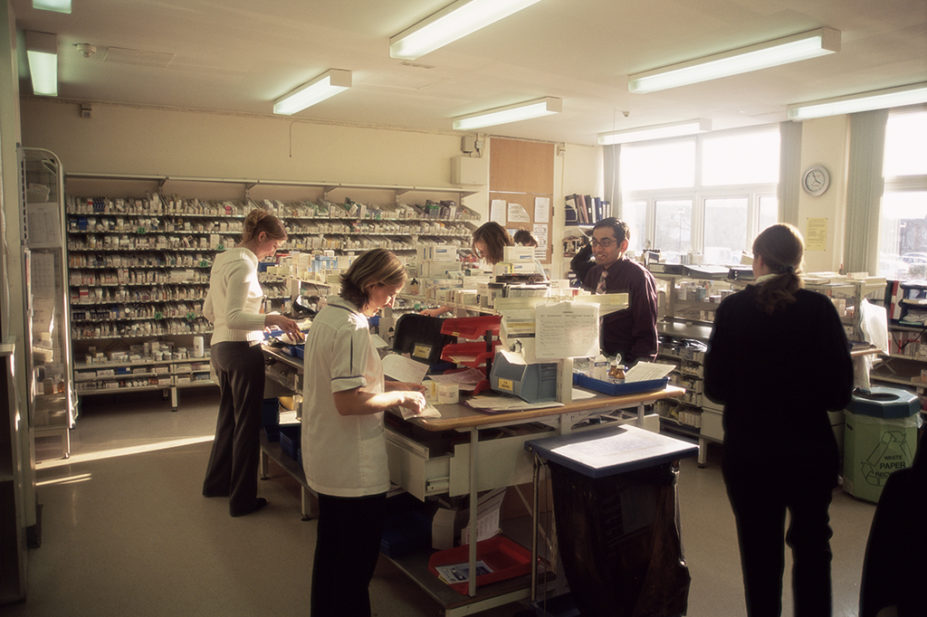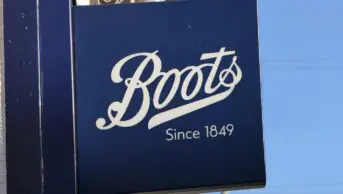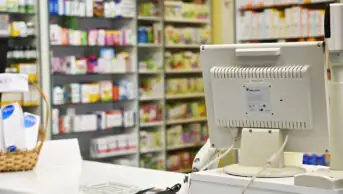
JOHN COLE/SCIENCE PHOTO LIBRARY
Government proposals that NHS staff in England should be given a lower-than-inflation pay rise of 1% have been described as “callous” by the body that represents hospital pharmacists.
Submitting its evidence to the NHS Independent Pay Review Body (IPRB), the Department of Health and Social Care (DHSC) said any pay rise should be limited to 1% for 2021/2022.
The pay review body takes evidence from several parties — including NHS England and Improvement, the four UK nation governments, NHS unions and NHS employers — before producing recommendations on pay that the governments are expected to follow.
However, the governments do not have to accept the body’s recommendations.
In its evidence to the IPRB, the DHSC said the government paused “public sector pay rises for all workforces, with an exception for employees with basic full-time equivalent salaries of £24,000 or under and for the NHS”.
“In settling the DHSC and NHS budget, the government assumed a headline pay award of 1% for NHS staff,” the evidence said. “Anything higher would require reprioritisation.”
In a statement responding to the evidence, the Guild of Healthcare Pharmacists (GHP) said: “Given the personal and professional sacrifice NHS pharmacists have made over the course of the pandemic, [which] has cost a number of pharmacists their lives, it is particularly callous.
“Pharmacists and pharmacy staff have been on the frontline of the COVID-19 response and a crucial part of the highly successful vaccine programme. In light of this, we hope the pay review body will recommend a higher pay rise, which will be essential to maintain recruitment and retention.”
The GHP said it would “continue to make the case strongly” that NHS staff should be given an immediate pay rise of £3,000 per year, or 15%, whichever is the greater.
Hospital pharmacists’ pay is covered by the IPRB, along with nurses and other healthcare staff. Doctors’ pay is decided through a similar, but separate process.
The Pharmacists’ Defence Association Union (PDAU) called on the IPRB to “show its independence” from government, once it has received all the relevant evidence, and recommend a higher pay rise for healthcare staff.
Paul Moloney, national officer for the PDAU, called the government evidence on pay “deeply disappointing”.
“PDA members across the NHS will be rightly angered by this, as will all NHS employees and the general public, who recognise the commitment, skill, professionalism, hard work and care shown by our members and all NHS workers,” he said.
“We need to show the government that, in fact, the country cannot afford to treat NHS workers in this way, and it should allow the IPRB to do its job and make recommendations that are fair, affordable and in the long-term interests of the NHS, its patients and its workforce.”
In 2014, the GHP backed members who took strike action after the government refused to implement the IPRB’s recommendation on pay.


